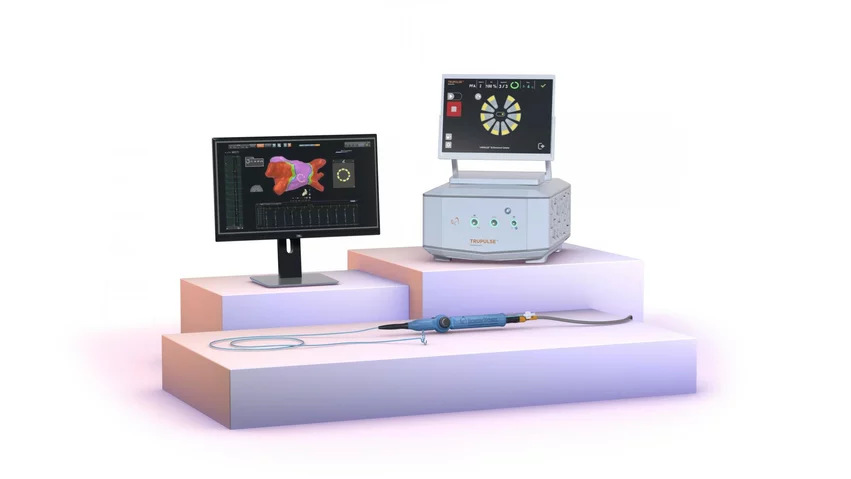Johnson & Johnson pauses use of FDA-approved PFA system to investigate patient complications
Johnson & Johnson MedTech has temporarily paused the use of its Varipulse pulsed field ablation (PFA) system within the United States after it was linked to four “neurovascular events” in patients who underwent treatment.
The company did not provide additional details about the events in question. The FDA’s Manufacturer and User Facility Device Experience Database does include one report of a patient who experienced a stroke after treatment with Varipulse, but the report dates back to September 2024.
News follows FDA approval in 2024
Johnson & Johnson MedTech first gained FDA approval for the Varipulse PFA system back in November 2024. The agency had previously approved Medtronic’s PulseSelect and Affera systems and Boston Scientific’s Farapulse system.
The FDA made its decision after reviewing data from the admIRE clinical trial, which included 277 patients who underwent treatment with the Varipulse system throughout the United States. The study linked PFA with Varipulse to acute procedural success in 100% of patients and a primary effectiveness success rate of 75%. Adverse events were seen in just 2.9% of patients, and 43% were able to go home on the same day they were treated.
Additional details about from Johnson & Johnson MedTech
Johnson & Johnson MedTech did note that its external evaluation of Varipulse in the U.S. included 130 patients treated at 14 different sites before it was temporarily put on hold. Globally, more than 3,000 commercial ablation procedures have already been completed with the Varipulse system.
“We are working diligently to complete the investigation according to our medical safety processes and resume the U.S. external evaluation,” the company said in a statement. “We expect to have more information to communicate within the coming days.”
The company emphasized that this temporary pause will not impact Varipulse cases performed outside the U.S. due to the “unique platform configuration” used to evaluate U.S. cases.


